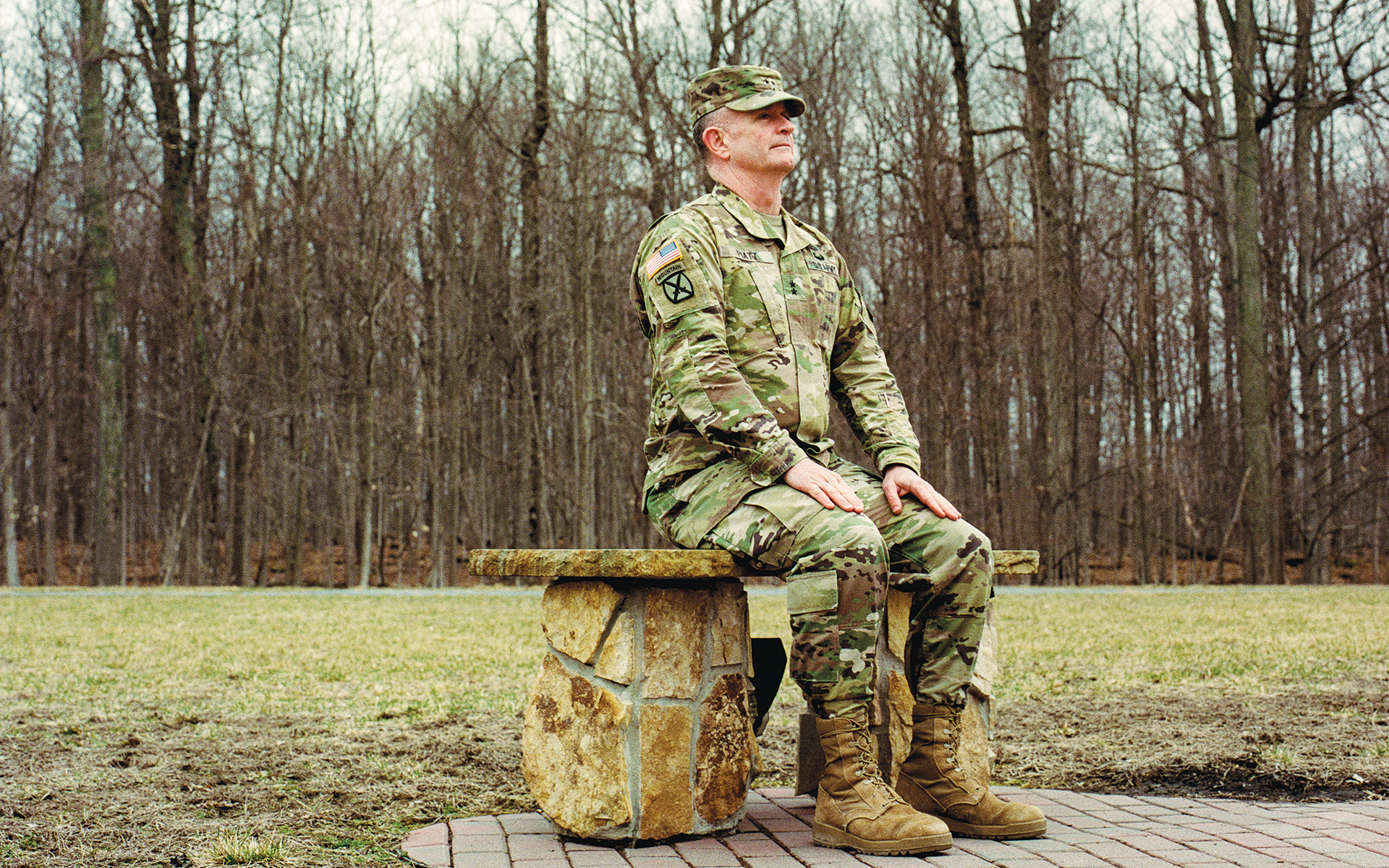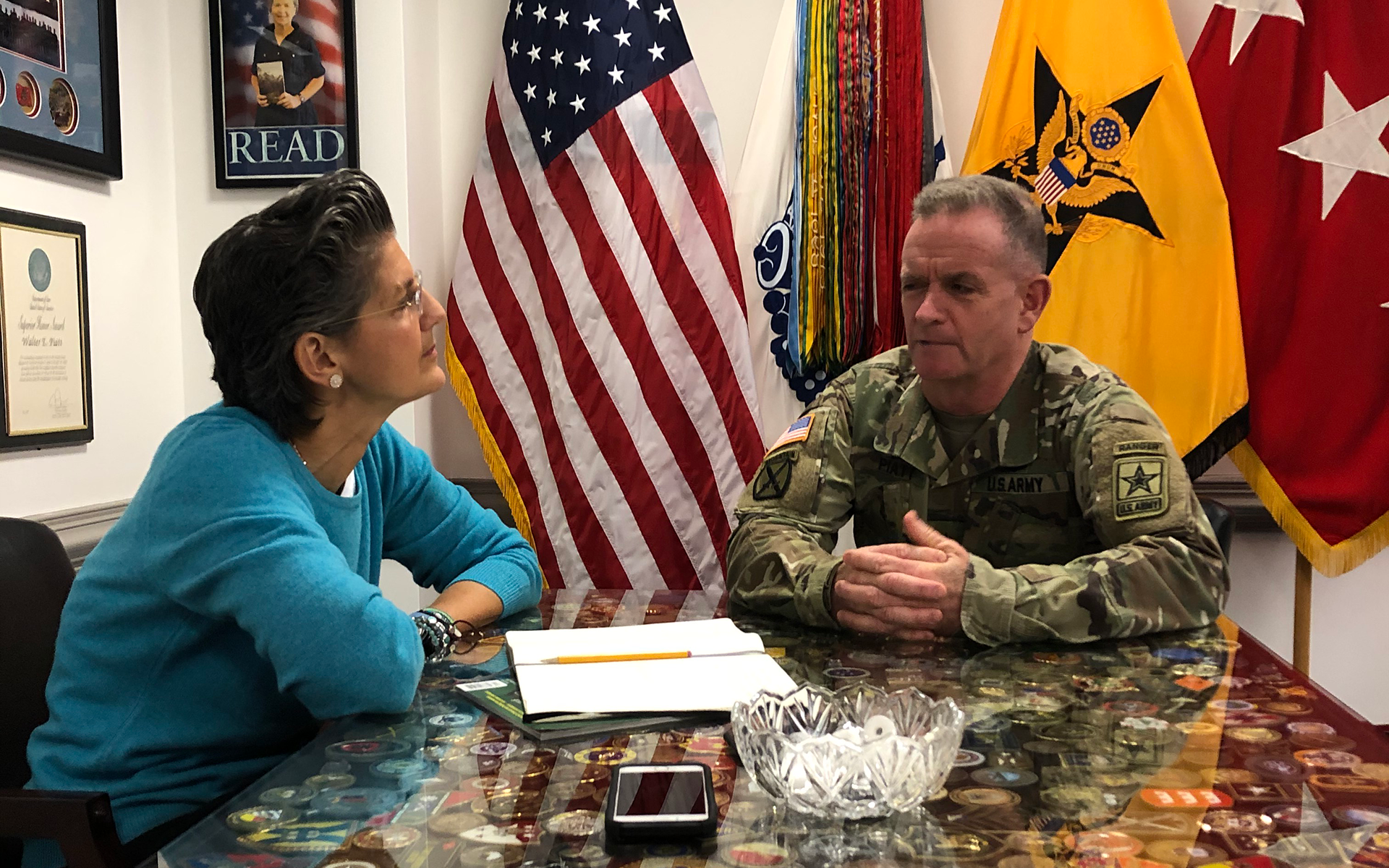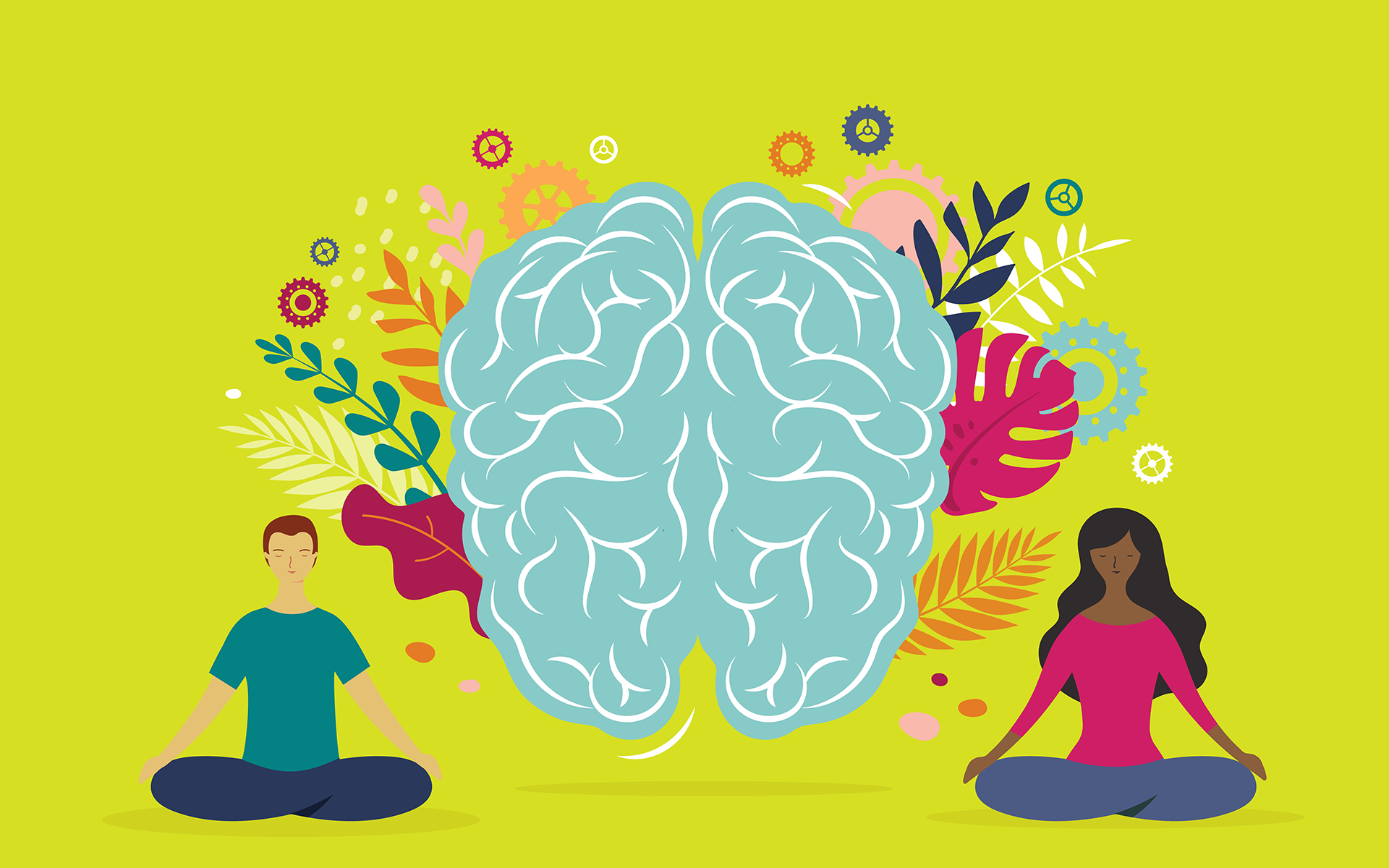Army Lieutenant General Walt Piatt currently serves as the Director of the Army Staff. Piatt has been working with neuroscientist Amishi Jha to understand the impact of mindfulness training for high stress situations. Plus, listen to neuroscientist Amishi Jha explain the science of focus and attention.
I first met Dr. Amishi Jha back in 2010. I was a brigade commander in Hawaii, and we were on a deployment rollercoaster like everyone else, year on, year off since 2001.
We were just trying to do something different when we came back from deployment because we were just falling to pieces. And you could see it in the soldiers and families when we came back, we weren’t reintegrating, and no matter how good our training was on what not to do we seemed to do the exact opposite, and it just happened faster the more times we were deployed.
We were lucky enough at that time, we were introduced to Dr. Jha. And in three minutes she just described us perfectly, and I realized we were really living on fast forward and fast rewind, we’re never really here, and it got my attention right away.
I knew how to stand at attention. I could do it an hour straight in the blazing sun and I wouldn’t even move to swat a fly off my nose, but I didn’t know how to pay attention.
I realized, through the army and throughout my whole career, I knew how to stand at attention. I could do it an hour straight in the blazing sun and I wouldn’t even move to swat a fly off my nose, but I didn’t know how to pay attention. And we weren’t really ever in the moment.
As we started this practice of mindfulness what we quickly learned it really wasn’t for recovery, it was performance enhancing. It taught us how to regulate our stress and to be in the very moment, to be at our very best when things are on the line, and to be there.
After I first learned it, I went home and I actually listened to my wife and I realized I was hearing her all this time, and I was always formulating my response, solving her problems. But I really just learned to slow down and listen to her, and I realized it was a really beautiful voice.
I learned many things. She told me, “Don’t deploy until you deploy.” It was a profound guidance, but all these years I knew I was already thinking about the next mission and I didn’t enjoy those rare moments I had at home
My son noticed right away, he said, “Dad, you’re not on your blackberry when we talk now.” It made a huge difference in my life. I spent moments with my son that I would have never had if I had been worried about work emails, when I should have just been worried about catching a football.
Those are little examples, but you take this into what we do every day here in the pentagon, strategic leadership. If we’re not listening, how dare we give our best military advice? And if we’re not in the moment, how can we discern friend or foe when lives are on the line, and our soldiers have to make a decision within a split second?
This matters, and our chief of staff has told us that people are our number one priority. And I think there’s no better place to start than the mind.
read more
Training the Brains of Warriors
Neuroscientist Amishi Jha explores how the military is using mindfulness to tap into calm and focussed attention under extreme stress.
Read More
Finding a Mindful Balance
Army Lieutenant General Walt Piatt discusses the role mindfulness plays in conquering fear, avoiding procrastinating, and training for combat.
Read More
A Mindfulness of Breathing Exercise with Neuroscientist Amishi Jha
The sequence of events in this practice are: focus, sustain attention, notice, and redirect attention back to the breath when it wanders. This is what we might call a “push-up” for your attention.
Read More










